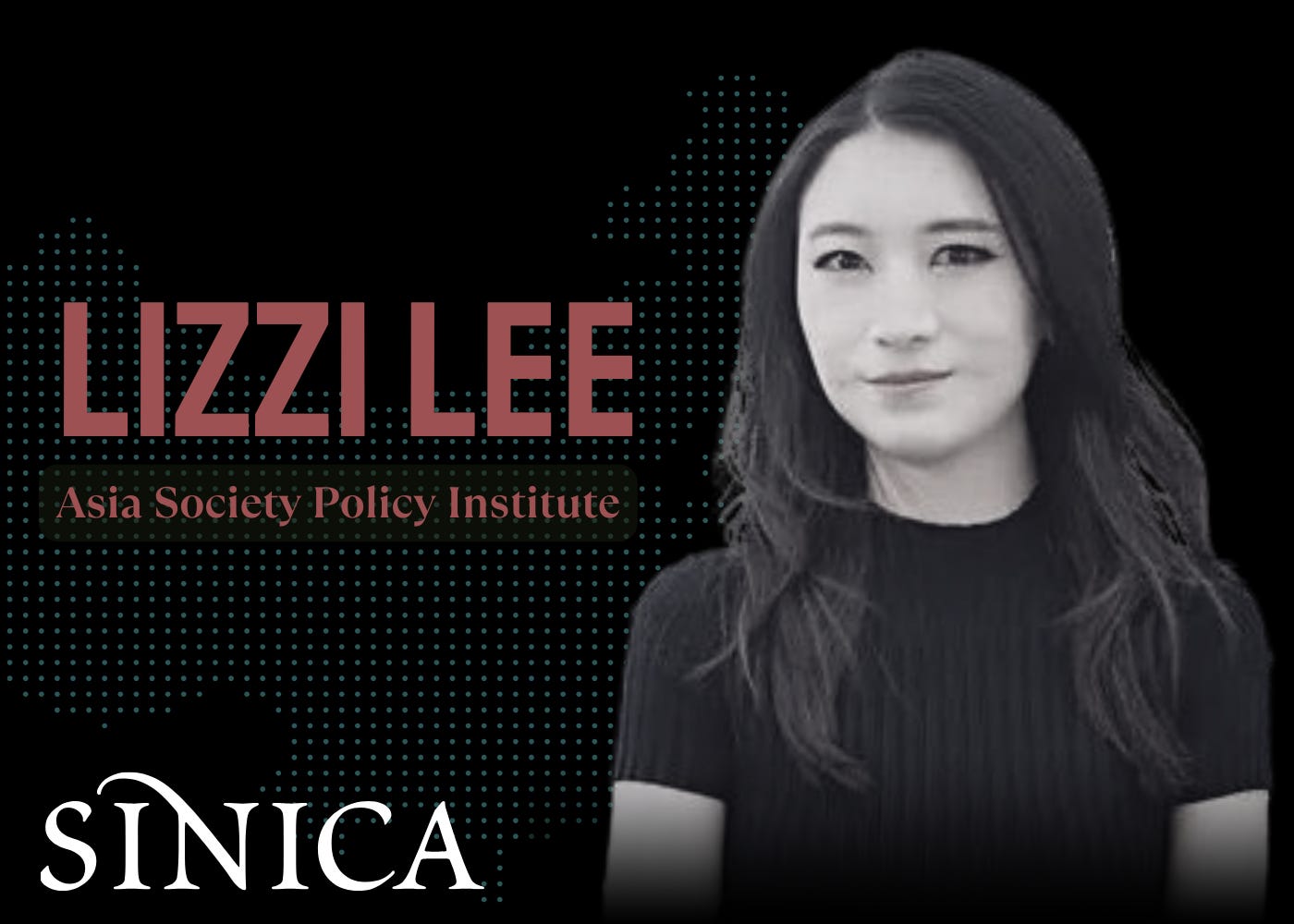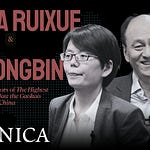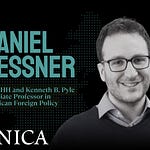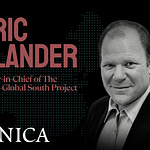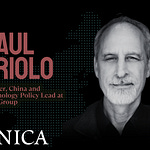This week on Sinica, I chat with Lizzi Lee, a fellow on the Chinese economy at the Asia Society Policy Institute and one of the sharpest China analysts working today. We dig into the 4th Plenary Session of the 20th Party Congress and what it reveals about China’s evolving growth model — particularly the much-discussed but often misunderstood push against “involution” in key sectors like EVs and solar. Lizzi walks us through the structural incentives driving overcompetition, from local government finance and VAT collection to the challenges of rebalancing supply and demand. We also discuss her recent Foreign Affairs piece on China’s manufacturing model, why “overcapacity” is a misleading frame, the unexpected upsides of China’s industrial strategy for the global green transition, and what happened at the Trump-Xi meeting in Busan. This is a conversation about getting beyond the binaries and understanding the actual mechanisms — and contradictions — shaping China’s economic trajectory.
4:43 – What Western reporting missed in the 4th Plenum communique
6:34 – The “anti-involution” push and what it really means
9:57 – Is China’s domestic demand abnormally low? Context and comparisons
12:41 – Why cash transfers and consumption subsidies are running out of steam
15:00 – The supply-side approach: creating better products to drive demand
18:33 – GDP vs. GNI: why China is focusing on global corporate footprints
20:13 – Service exports and China’s ascent along the global supply chain 24:02 – The People’s Daily editorial on price wars and profit margins
27:31 – Why addressing involution is harder now than in 2015
29:56 – How China’s VAT system incentivizes local governments to build entire supply chains
33:20 – The difficulty of reforming fiscal structures and local government finance 35:12 – What got lost in the Foreign Affairs editing process
38:14 – Why “overcapacity” is a misleading and morally loaded term
40:02 – The underappreciated upside: China’s model and the global green transition
43:14 – How politically potent deindustrialization fears are in Washington and Brussels 46:29 – Industry self-discipline vs. structural reform: can moral suasion work?
50:15 – BYD’s negotiating power and the squeeze on suppliers
53:54 – The Trump-Xi meeting in Busan: genuine thaw or tactical pause?
57:23 – Pete Hegseth’s “God bless both China and the USA” tweet
1:00:01 – How China’s leadership views Trump: transactional or unpredictable?
1:03:32 – The pragmatic off-ramp and what Paul Triolo predicted
1:05:26 – China’s AI strategy: labor-augmenting vs. labor-replacing technology
1:08:13 – What systemic changes could realistically fix involution?
1:10:26 – Capital market reform and the challenge of decelerating slowly 1:12:36 – The “health first” strategy and investing in people
Paying it forward: Paul Triolo
Recommendations:
Lizzi: Chokepoints: American Power in the Age of Economic Warfare by Edward Fishman
Kaiser: Morning Coffee guitar practice book by Alex Rockwell




